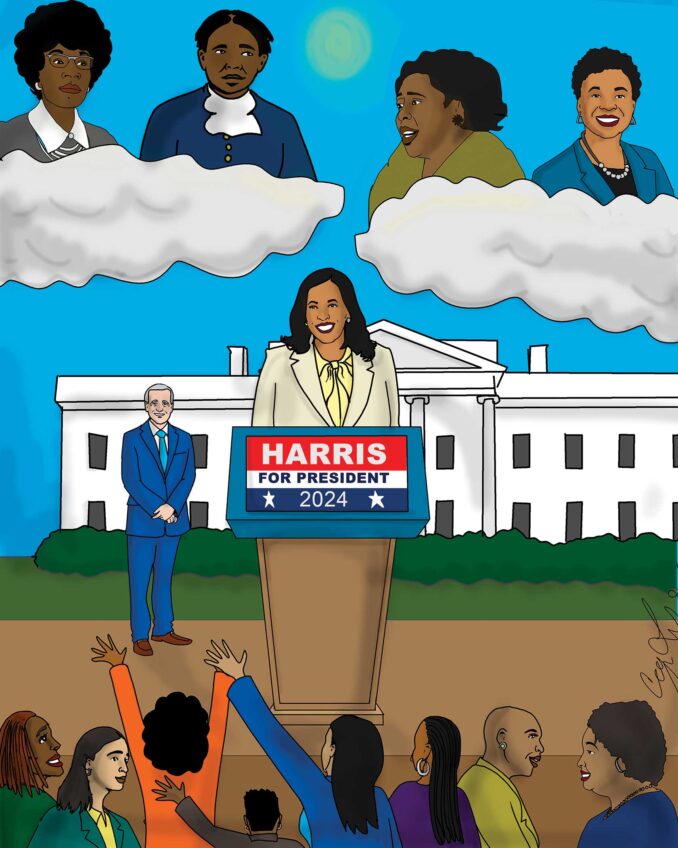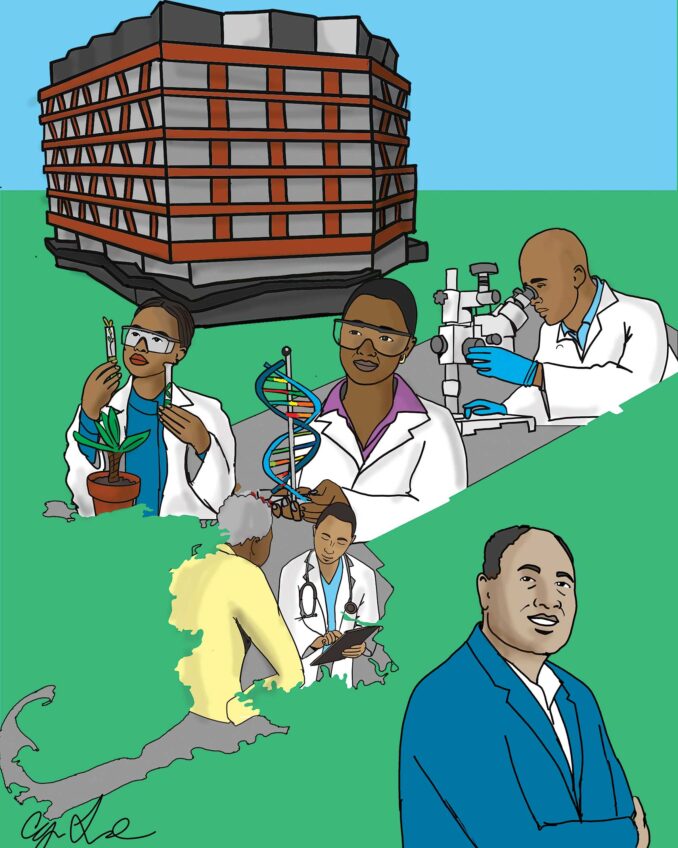
Empowerment at the polls
Incumbency is an extraordinary advantage in a political campaign. In Boston’s race for City Hall the advantage is almost overpowering. Under Boston’s strong mayor system of government, Thomas M. Menino has absolute control over Boston’s public resources. This power has enabled him to build a strong political machine and implement his vision for the city without effective opposition.
During his 16 years in office, Menino has built the Mecca Mall in Grove Hall, merged the City Hospital with University Hospital to create the Boston Medical Center, supported construction of the Boston University Level 4 Biolab on Albany Street, and championed the rehabilitation of Kenmore Square.
There are numerous other achievements of his administration, some of which include sponsoring the 2004 National Democratic Convention, and intervening to assist this newspaper refinance to survive the current economic downturn.
Along with the advantages of incumbency there is also a major detriment. The customary astigmatism in the incumbent’s vision becomes apparent. After a reign of 16 years, voters have a clear view of those matters which Menino does not include in his vision. Unlike former mayor Kevin H. White (1967 – 1983), Menino seems to have little interest in recruiting and retaining the “best and the brightest” in his administration.
White’s deputy mayors or associates included, among others, Barney Frank, who is now chairman of the House Financial Services Committee; Micho Spring, who now leads the corporate practice in North America of Weber Shandwick Worldwide, one of the world’s largest public relations firms; and Peter Meade, who recently resigned as Executive Vice President of Blue Cross Blue Shield and now heads the Edward M. Kennedy Institute for the US Senate.
Menino’s immediate predecessor in the mayor’s office was Raymond L. Flynn (1984 – 1993). Flynn understood that the biggest problem confronting his administration was the racial hostility generated by Boston’s school discrimination controversy. Flynn appointed Francis “Mickey” Roache as police commissioner, with the understanding that blacks would be appointed to command positions in the department. That decision, and Roache’s cooperative relationship with the Nation of Islam, were major strategies that helped create “the Boston Miracle” reduction in violent crime.
Michael Flaherty, a Boston city councilor, has launched a campaign for mayor which incorporates policies of Menino’s two predecessors. Like White, he plans to bring to City Hall highly educated and motivated deputies to develop effective strategies to benefit the citizens of Boston in this changing and technologically driven society. Also, he plans that his administration will reflect the racial and ethnic diversity of Boston.
The 2000 census revealed that for the first time in history, racial and ethnic minorities have become Boston’s majority population. So far, the city’s administration has not reflected this major demographic shift.
Incumbency has a great publicity value in a political campaign. In 16 years in office, Menino has met thousands of people, his name is everywhere, and his picture appears in every major ribbon cutting. Flaherty, on the other hand, has had to toil in relative obscurity. Nonetheless, among other issues, he has worked to reduce crime and close loopholes in the gun laws, he has advocated a computerized cost control system for Boston, and he has worked to provide free college SAT preparation for Boston students.
Voters should be interested enough in the outcome of the election to study the record of both candidates. The issue is simply whether citizens believe that after 16 years with Menino as mayor, the best is yet to come, or whether it is the time to pursue a new vision with Flaherty.






